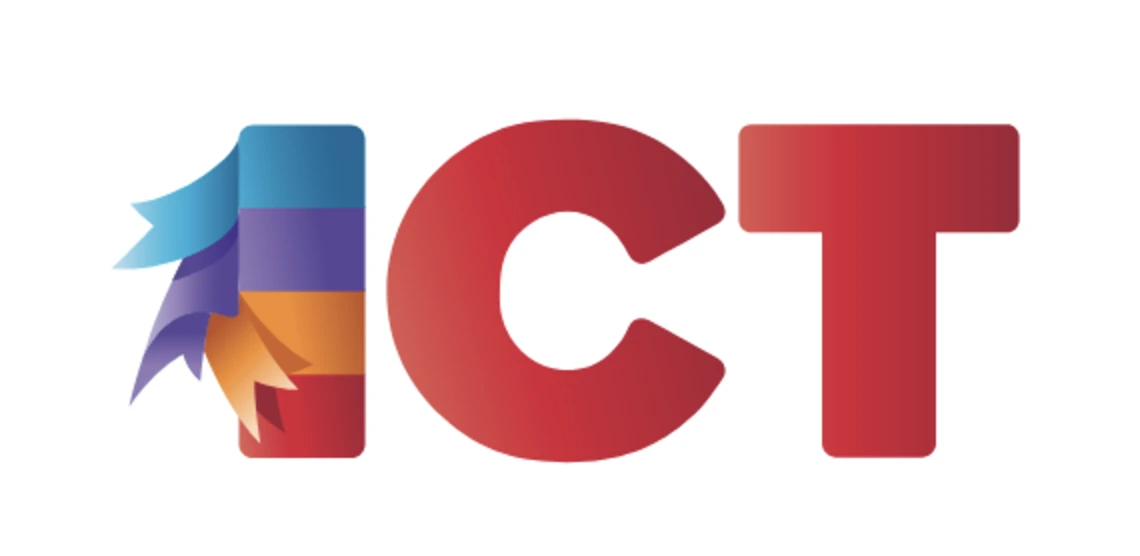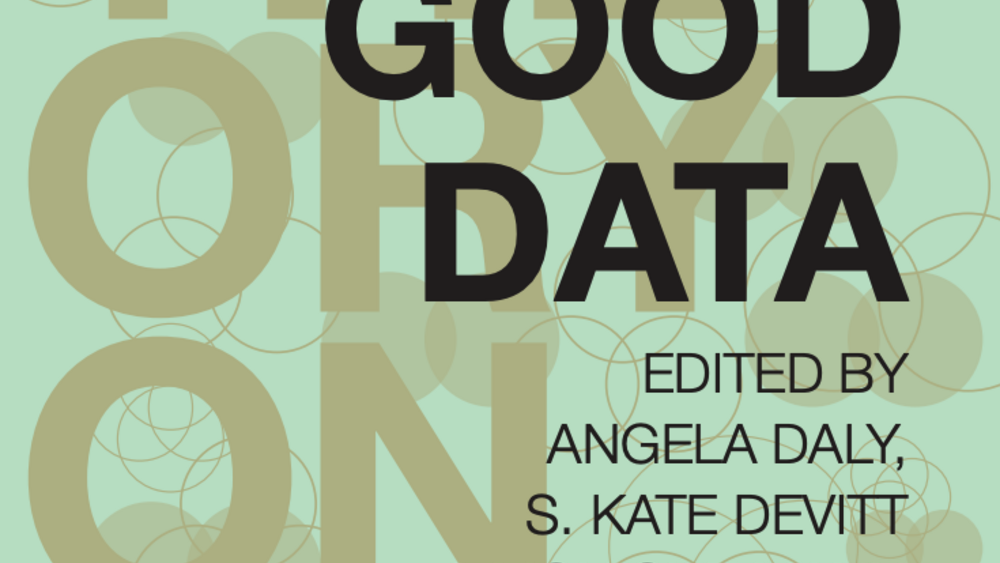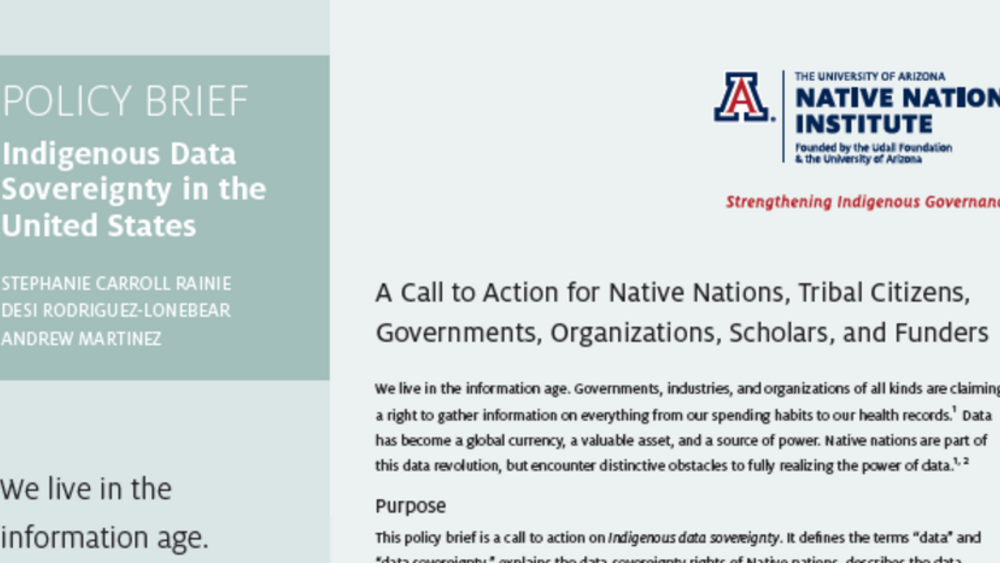The lack of good data about U.S. American Indian and Alaska Native populations hinders tribes’ development activities, but it also highlights a space for sovereign action. In coming years, tribes will no doubt continue to advocate for better national data and at the same time increasingly implement their own “data agendas” by gathering high quality, culturally relevant information about their communities. With more meaningful data, tribal policymakers can make informed decisions about which policies and programs are right for the task at hand. Strategic data planning empowers tribes to tell their communities’ stories through their own data, and not that of others.
Additional Information
Schultz, Jennifer Lee and Stephanie Carroll Rainie. "Good Data Leads to Good Sovereignty." Indian Country Today. June 3, 2014. Opinion. (https://ictnews.org/archive/good-data-leads-to-good-sovereignty, accessed June 3, 2024)




